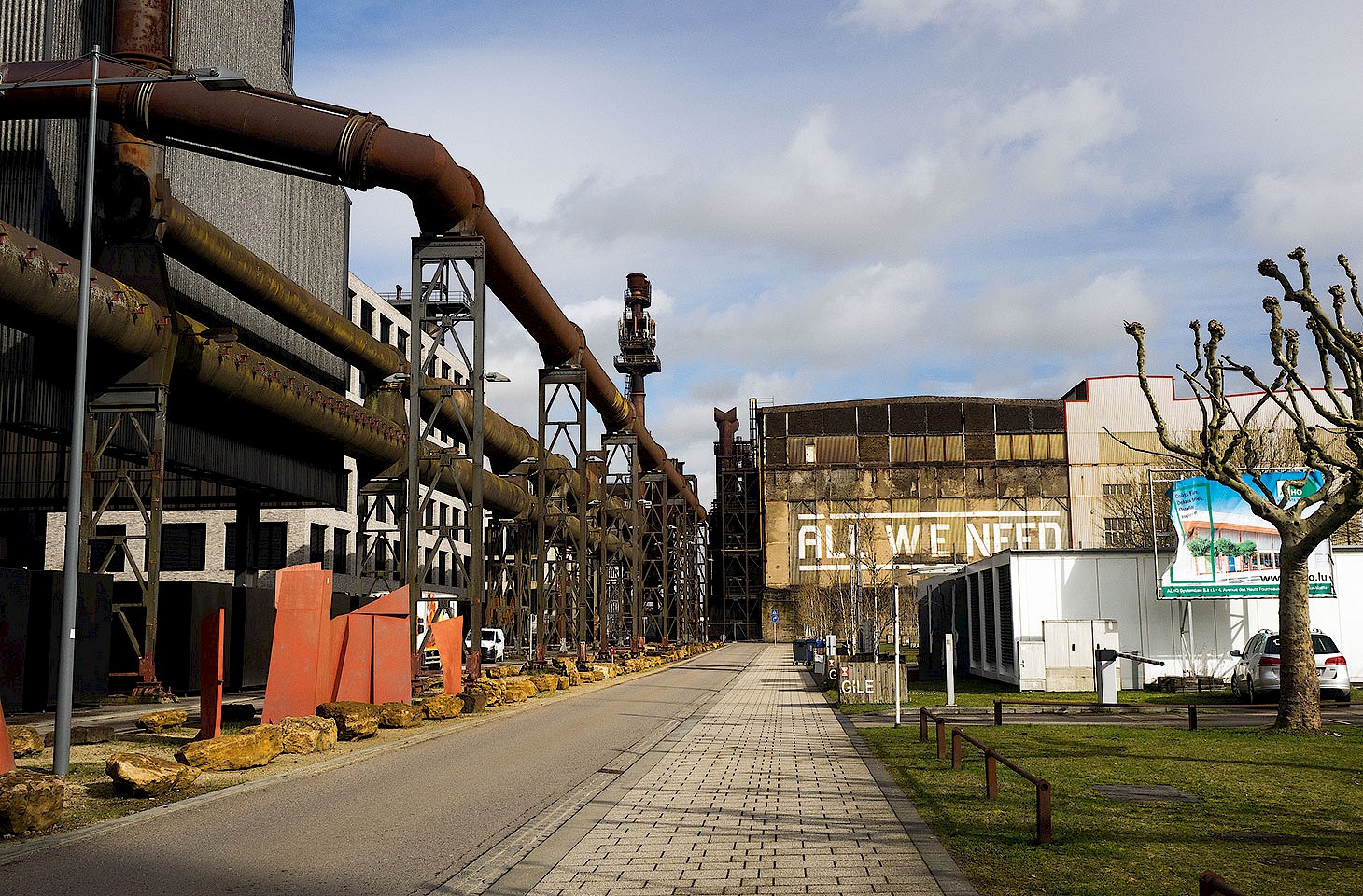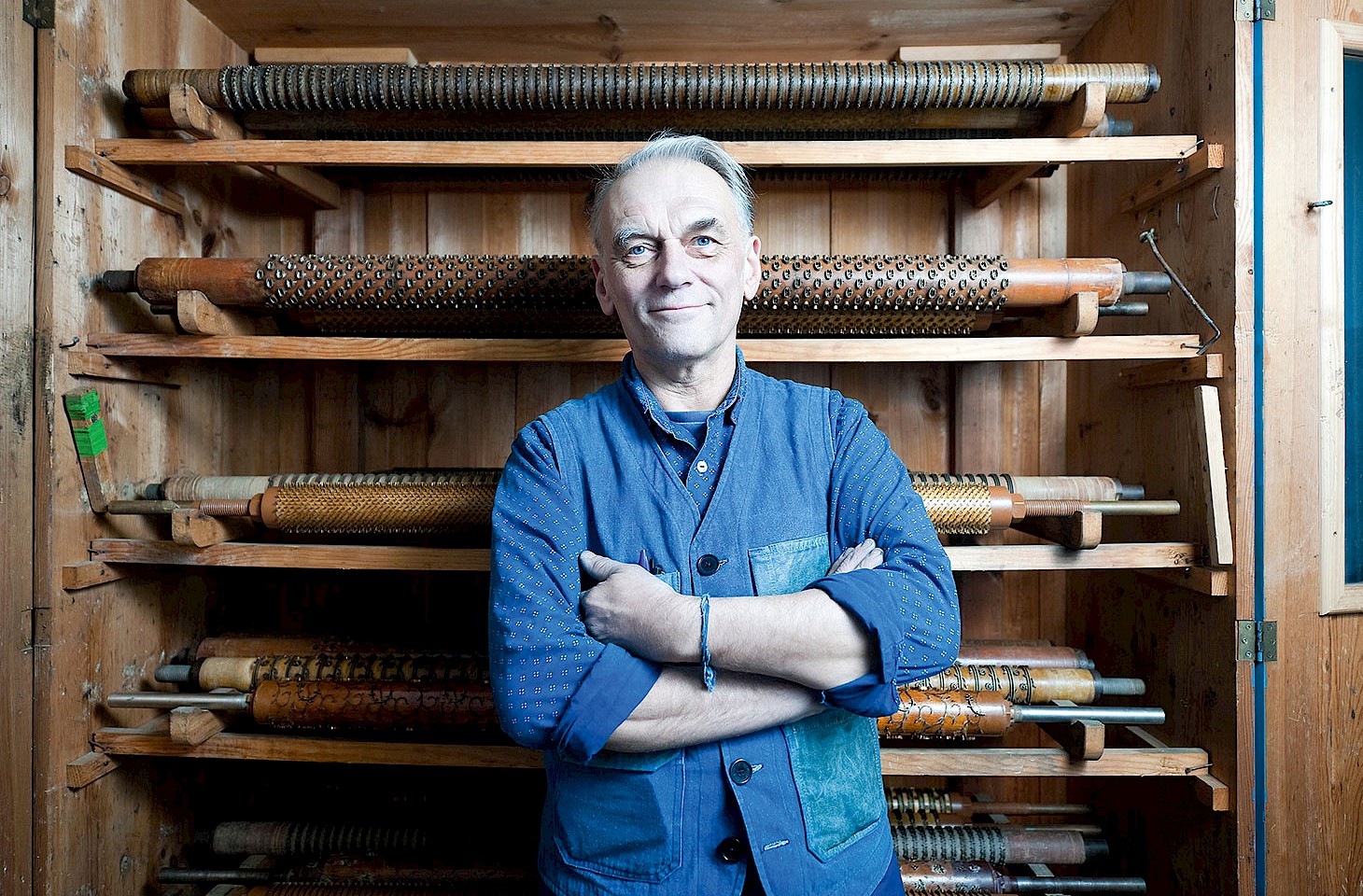Dear fellow travellers
Remich is one of those spots where it is easy to linger. It is a relaxed sort of place on the bank of the Moselle river in Luxembourg. Just across the river from Remich lies the German village of Nennig, and the two communities have over the years evolved a symbiotic relationship. Nennig is a slip of a place, but wins out over Remich in having a railway station and a kebab kiosk. Interesting how Germany marks its borders nowadays with kebab stalls.
Life in Nennig and Remich is economically intertwined, and residents of both communities move with ease across the Moselle which marks the international border. At least they did so until a few weeks back, when the bridge over the river was closed for repairs for six months. Germans who nipped over to Remich to fuel their cars and pick up a few things at the Cactus supermarket no longer do so. German affection for an evening out in Luxembourg, having a few drinks at one of the many cafés on Remich's attractive riverfront boulevard, has been curbed by the temporary interruption in communications. True, the local authorities have laid on a free ferry that shuttles pedestrians and cyclists over the Moselle, but the locals have not detected any romance in an international cruise that is only three minutes long. So the word locally is that a ferry is not the same as a bridge.
Safi Sahin who runs Grenzkebab (Border Kebab) in Nennig agrees, noting that he has lost over three quarters of his business since the bridge closed. And Agovic Hadzic who has a fruit and vegetable business on the German bank of the river, catering in part to restaurants and hotels over in Luxembourg, confirms the downturn. Mr Hadzic has had to lay off staff. Nennig's isolation from Remich is compounded by the closure of the railway line in mid-June. True, the rail route will reopen in late summer 2010, following repairs to a tunnel, but until then trains to Trier are substituted by a bus that runs only every two hours.
The bridge closure means an unusual lack of traffic in Remich this summer, and bars and cafés have lowered prices as they tout for business. The town once made a decent living from fishing, so no surprise that St Nicholas - one of the patron saints of fishermen - features locally. There is an old city gate on the banks of the Moselle named after the saint, as well as the excellent Hôtel Saint-Nicolas. Some of the petrol stations on the road out of town have closed down for a few months, waiting for the day when a newly restored bridge tempts German motorists over for cheap fuel again. But the buildings that line Remich's back alleys still offer a feast of decorative detail with their elaborate facades and balconies. Now, we would say, is the best possible time to visit the town on the Moselle.
Had you realised you can follow us on twitter? All the beauty of hidden europe condensed in just 140 characters. Great literature it may not be, but you might nonetheless find it of interest. Please check out our tweets on www.twitter.com/hiddenEurope.
Nicky Gardner and Susanne Kries
(editors, hidden europe magazine)



